
Gabriel Gonzalez
Student Life Editor
With the spring semester just beginning and everyone settling in, what better topic to open up the new semester than something light? As more people and businesses sign onto social media–whether it be X, Instagram or TikTok–and that means more and more people are coming into contact with meme culture.
“Meme” is a word coined by Richard Dawkins–evolutionary biologist, author and renowned critic of creationism in his book “The Selfish Gene”–and is used to examine the nature of how cultural aspects mutate over time. When the word meme is used in internet culture, it mainly refers to how ideas and attitudes transform through repeated images, symbols and imitable acts physical and mental with satiric leanings. They can be political, philosophical and often plainly meant to humor. Their diversity is immense. No matter the generation, everyone on social media has some interaction with the phenomenon.
The diversity of meme culture is most apparent when memes traded intergenerationally are traded between generations, the attitudes of each influencing the type of memes they produce.
Boomer memes: These are characterized by their simplicity and lack of irony, containing little to no edge with only surface-level satire. Many of them are complaints about the younger generation, spouses or the government. The repeated images usually consist of unironically low-quality stock images, characters and comics. Many times characters depicted in the meme are completely unrelated to the subject, only included because the readers find them “silly” on a base level.
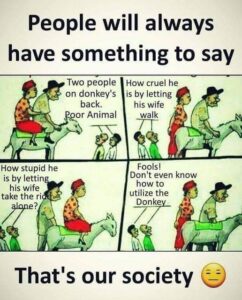
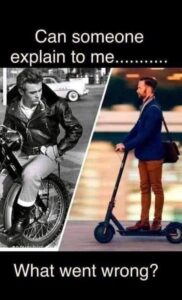
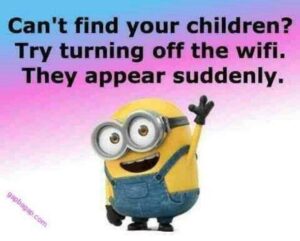
Generation X / Millennial memes: The creators of the first memes during the advent of internet culture, responsible for classic templates that set the tone going forward. They have more edge, are more ironic but rarely contain satire. The repeated images are of higher quality and are related to the topic of the meme, usually using screenshots or clips from popular media or unique photographs to frame them.
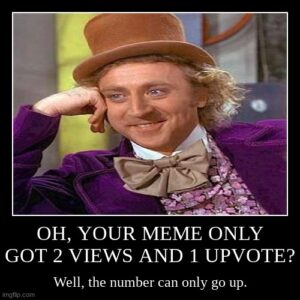
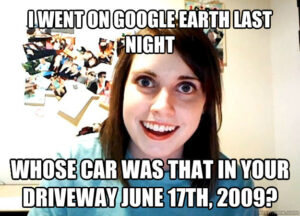

Generation Z memes: These are the memes of today. They are the most diverse, most ironic, most satirical, most edgy and most absurd. They push every boundary imaginable in hopes of “popping off” on whatever site they’re posted, lasting only a few weeks or even days at a time. They follow trends, political movements, current events and whatever makes good material in the zeitgeist. The diversity of meme templates, subcultures and layers of irony are so extreme, there’s no use attempting to explain what sort of images are repeated. The “point” or message of these can only be deciphered on a case-by-case basis, many of them having none. “Shitposts” are uploads or comments meant to offend, disturb or distract, and they make of much of Gen Z’s posts.

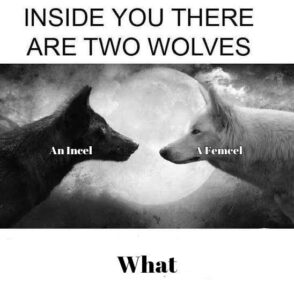

To be clear, anyone from any generation can create any kind of meme they’d like. But what I hope to highlight is the shift in style and what that style represents culturally. The Boomer memes are simple and messy because of a misunderstanding of the technology, and “safe” in the societal sense. No one is going to have a problem with a minion from “Despicable Me” saying that Mondays stink. Generation X and Millennial memes start getting riskier. They’re cleaner due to a familiarization with the technology, yet still remain simple. Generation Z memes are so complex (perhaps absurd is the better word) that someone from the outside looking in wouldn’t know what to think, or where to start on where to think. They’re diverse to the smallest subgroup. And they’re varied in medium because the ones making them have grown up with technology almost since birth. Though hard to decipher, memes shared online are a voice–perhaps not the voice–of a generation.
“There is no set of rules to follow while creating one,” Mathew Grey, digital media technology major, says. “That’s why I think memes are so creative in today’s world. Not only for people to laugh, which may be the primary reason, but to bring out humor in our dark world.”
The faculty of ESU would do good to understand, as meme culture is an effective way to gauge interest in school topics. Professors dealing with generational divides may better understand the attitude of students coming in through such research.
“Memes have become so important in social media,” says Dr. Nancy VanArsdale, public relations professor. “They can be analyzed. Why not do that with memes today? With Trump and Biden and other social media trends, they’ve become kind of a snapshot for social topics, and a lot of professors are interested in them.”
There are also concrete reasons, many businesses today having positions open for social media managers, and want the know-how for marketing teams.
Professor William Broun of news reporting and writing says, “It’s basic cultural literacy in 2024. Everything from presenting politics and dining can be mediated through meme culture. At ESU, teaching professional writing, understanding meme culture is necessary in the media today.”
Memes today take many forms and styles. Some are simple. Some are complex. Some are honest. Some are ironic. Some are wholesome. Some are meant as a barb. But all of them have the capacity to be more than just an image on your screen, a soundbite or a clip.
